Often considered the greatest Canadian architect of the 20th century, Arthur Erickson (1924-2009) is celebrated for his modernist structures that span the globe from Kuwait to Germany, and continue to define the contours of his home city of Vancouver. In this portrait of Erickson from 1981, he explains how his work draws from a wide range of influences cultivated over the course of his life, including the ‘organic architecture’ of Frank Lloyd Wright, the gardens of Japan and his personal embrace of contradiction. The film takes viewers to some of Erickson’s most significant and notable designs, including the Museum of Anthropology at the University of British Columbia, the Robson Square civic centre in the heart of Vancouver and his own humble one-room home. From this brief tour and Erickson’s own words, a distinct aesthetic philosophy emerges – one centred on creating work in harmony with its surroundings, and an openness to new perspectives.
The celebrated architect who took inspiration from sitting, waiting and contemplating
Director: Jack Long
Producers: George Johnson, Jennifer Torrance
Website: National Film Board of Canada
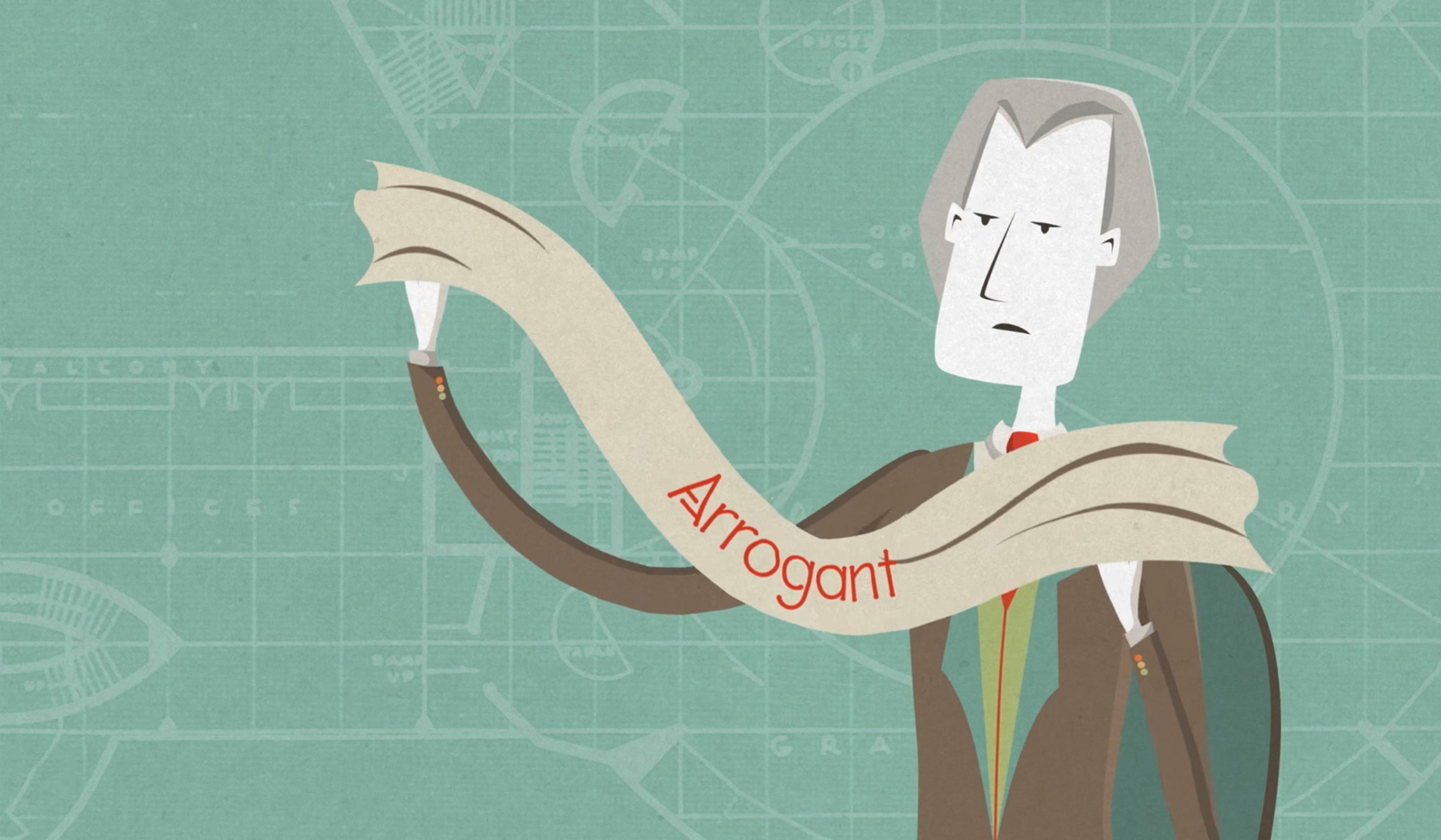
videoArchitecture
Frank Lloyd Wright on why architecture should be about ideas and ideals
6 minutes
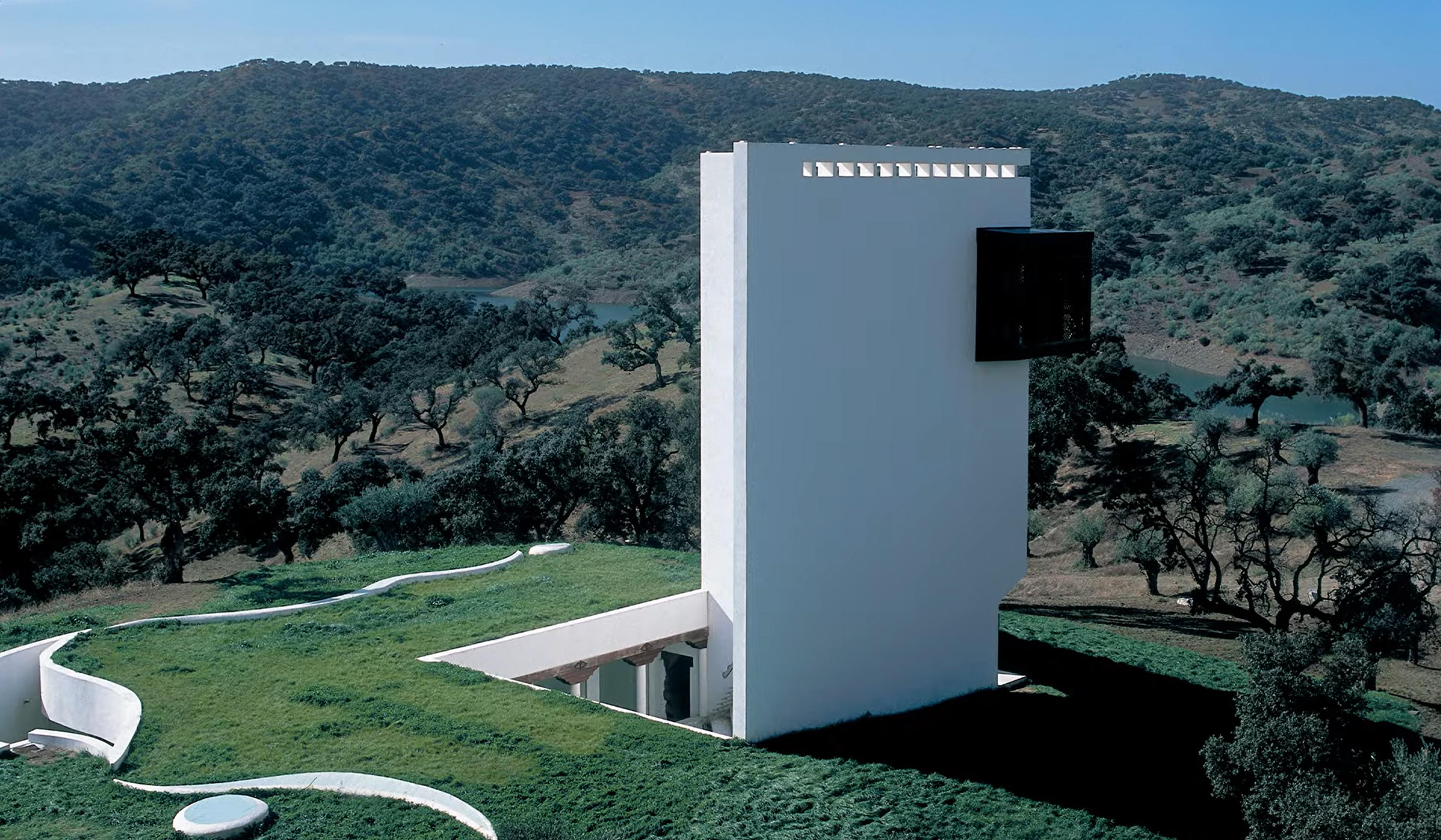
videoArchitecture
‘I listen to the land’ – poetry and greenery intertwine in Emilio Ambasz’s architecture
9 minutes
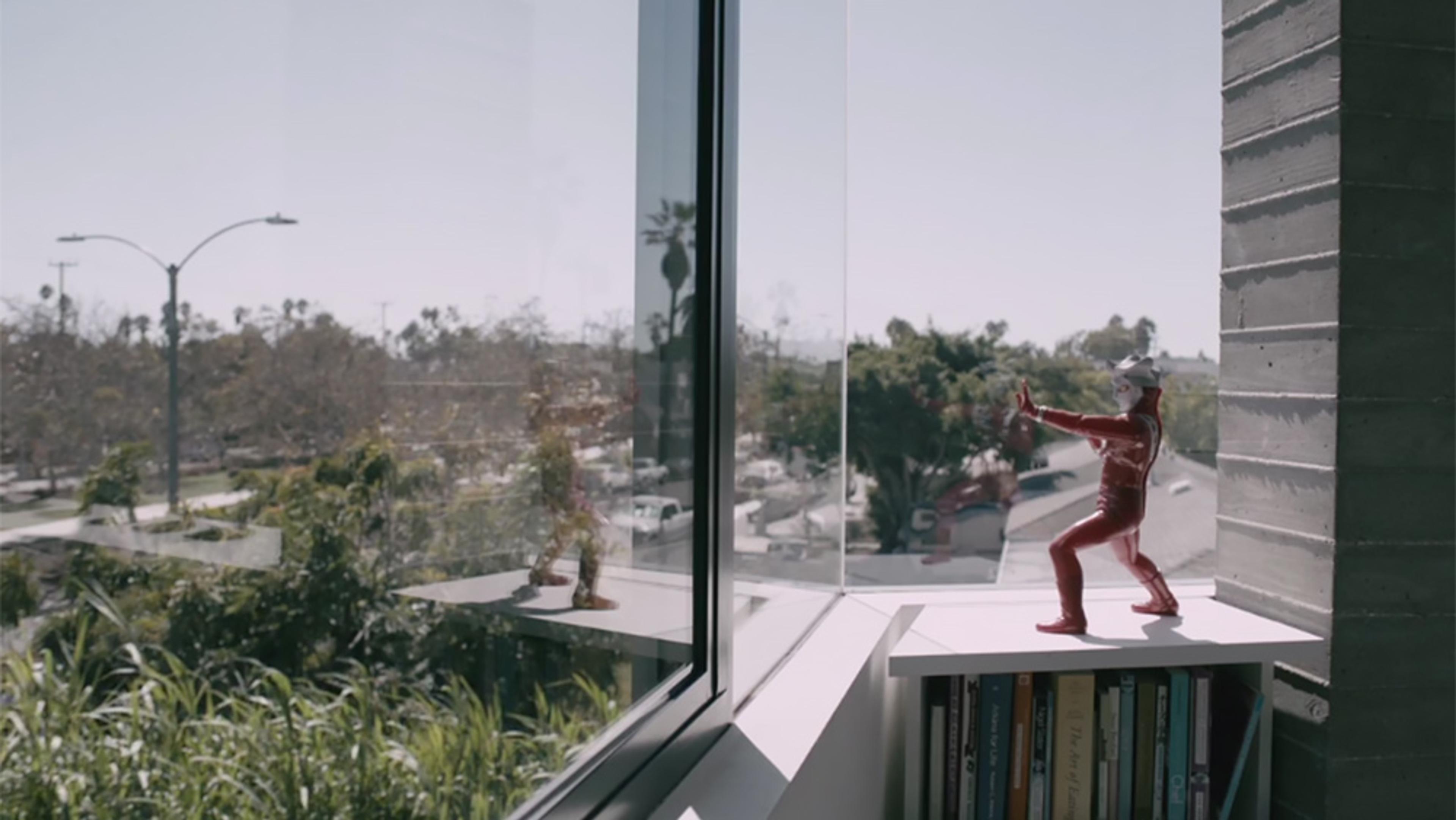
videoArchitecture
Why humour and a complex character are as important in architecture as in people
3 minutes

videoArchitecture
Light, geometry and symbolism: how Jean Nouvel’s architecture reimagines culture
15 minutes
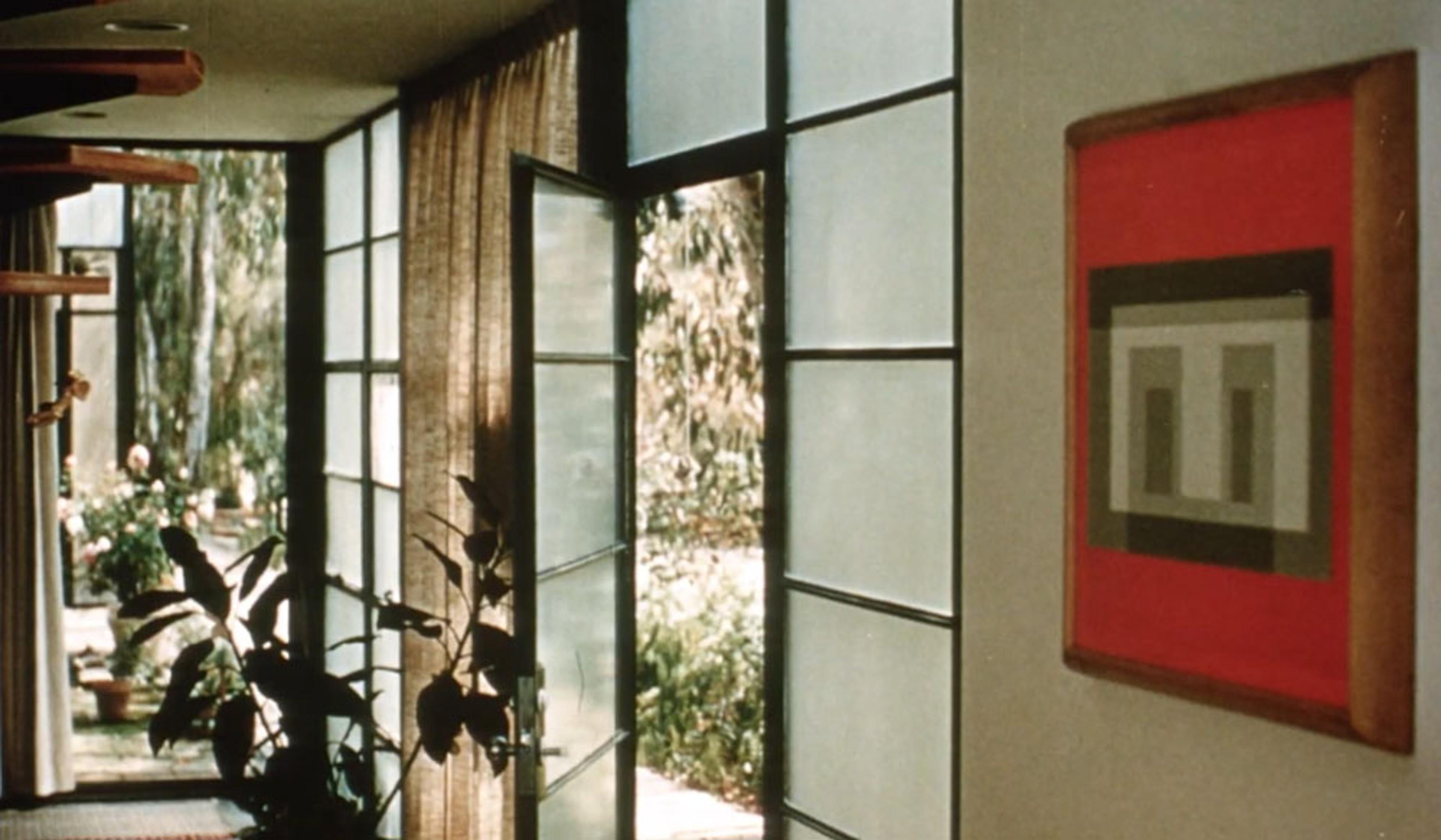
videoArchitecture
The best home is a joyfully inhabited one – doubly so if its residents are design legends
11 minutes
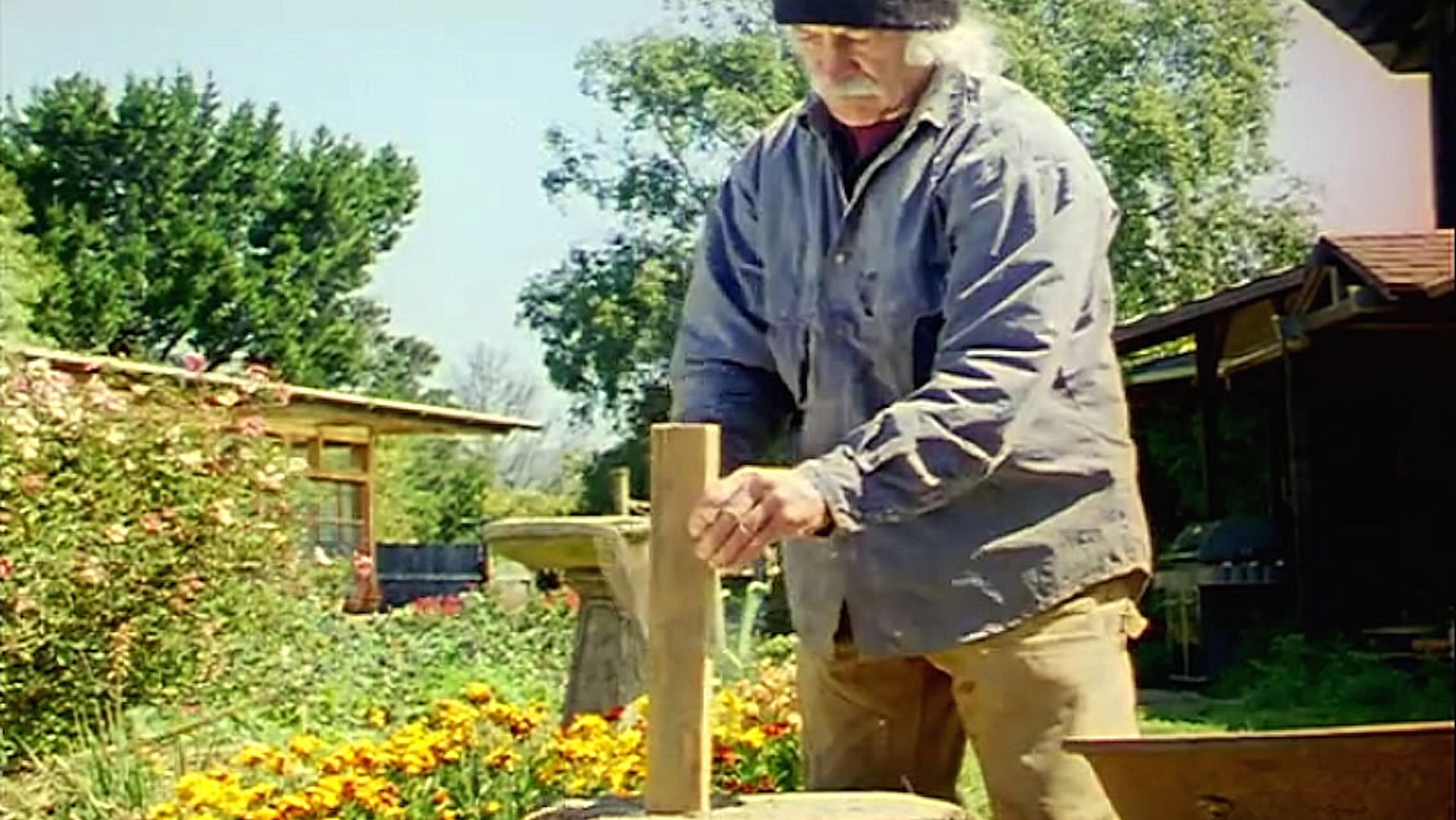
videoHome
Once a geodesic dome advocate, Lloyd Kahn now favours hand-built, simple homes
7 minutes
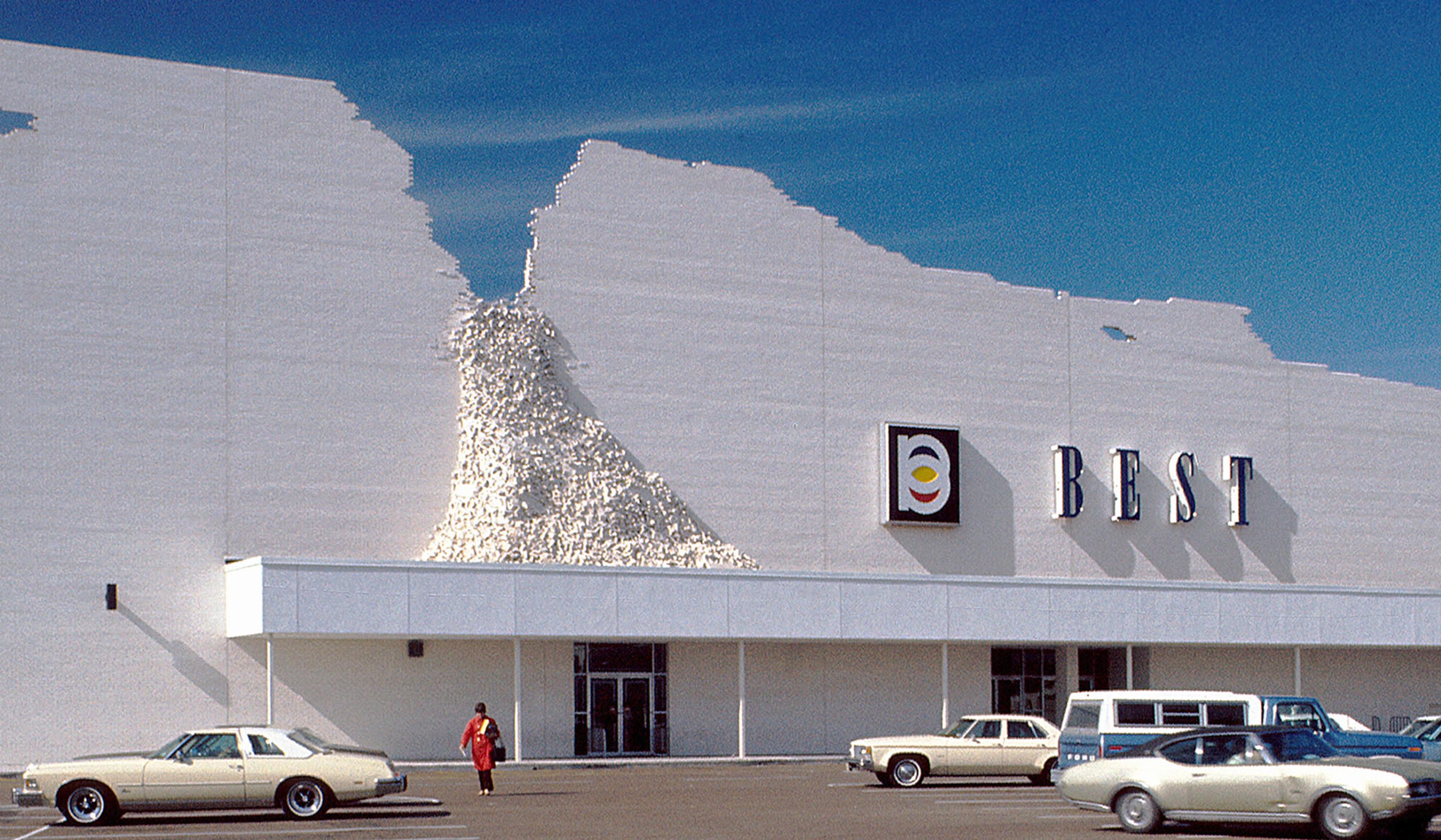
videoArchitecture
Why a sculptor pivoted from gallery installations to big-box stores design
9 minutes
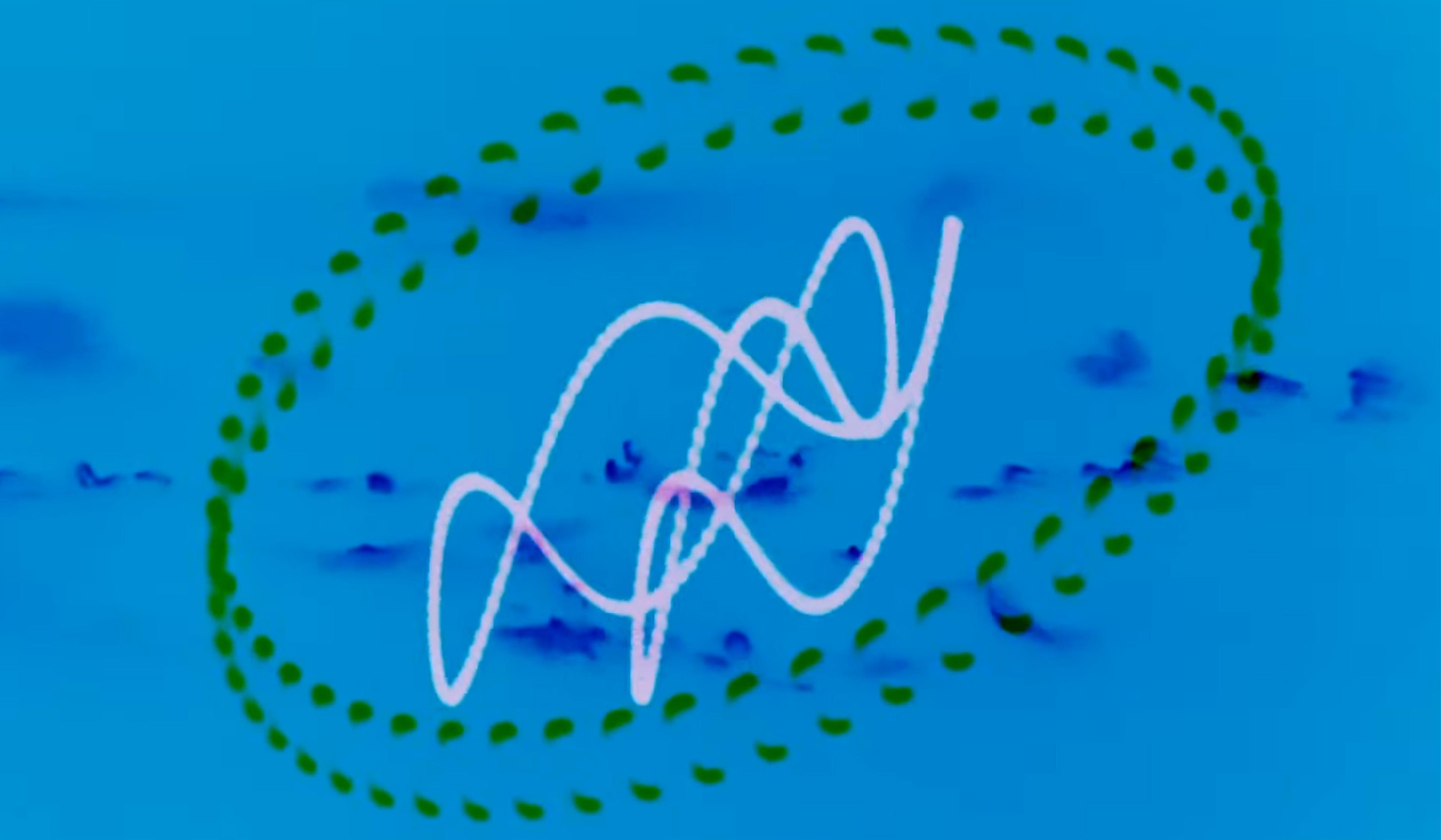
videoFilm and visual culture
A series of animated illusions illustrates how we project depth on to flat surfaces
8 minutes
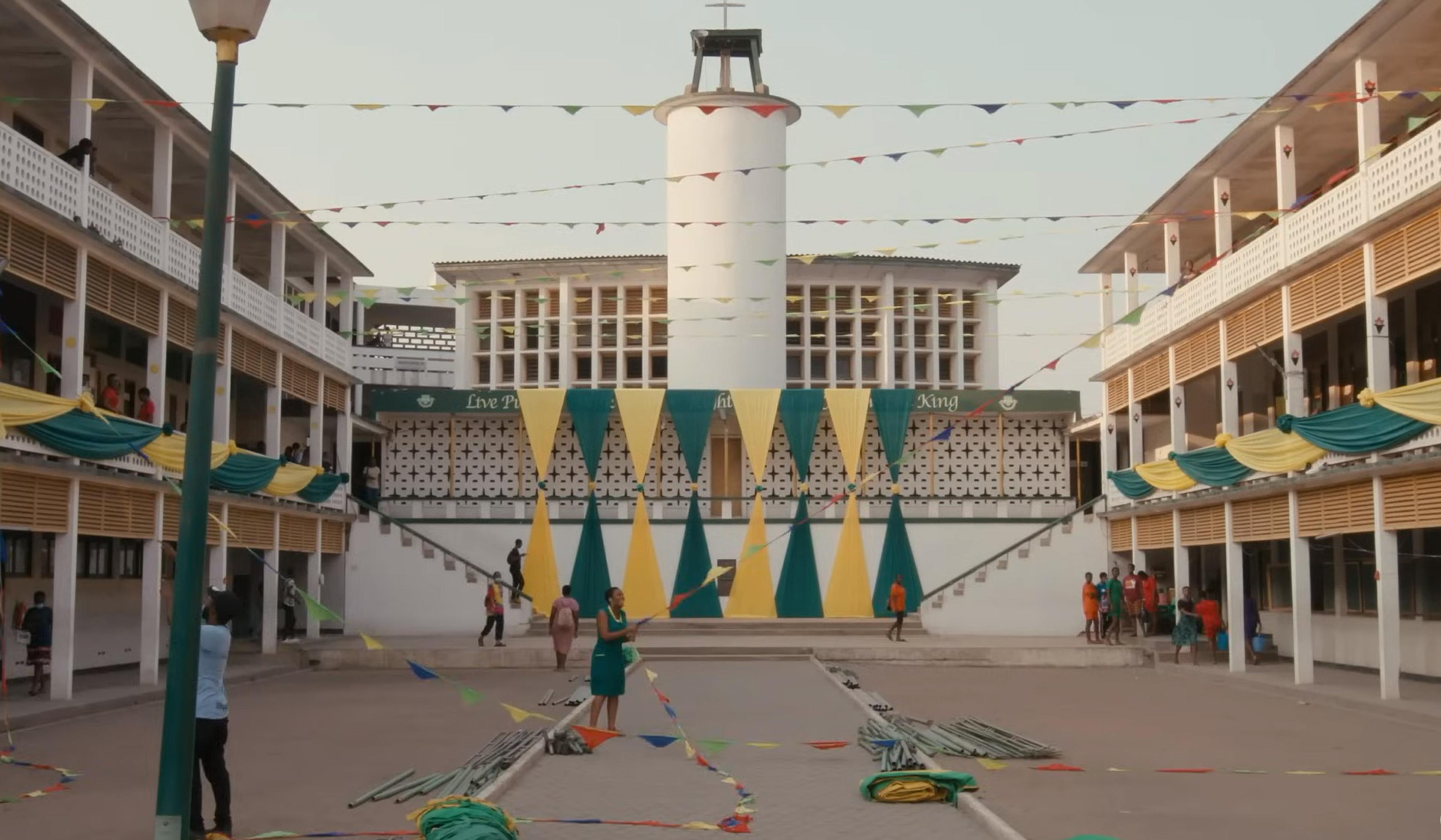
videoArchitecture
West Africa was once an architectural laboratory. Is it time for a revival?
12 minutes